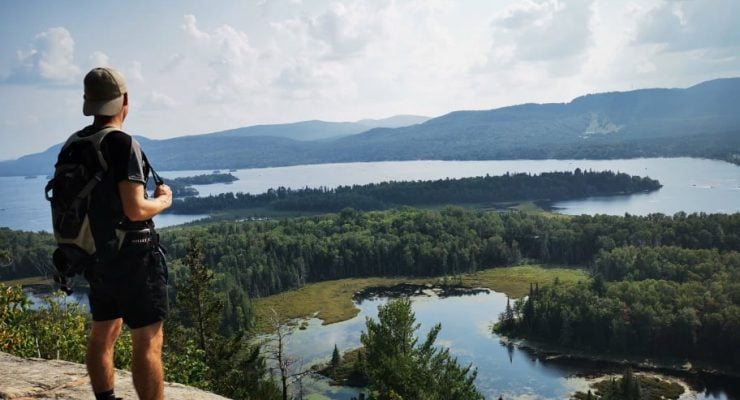- Don’t be shy—contact us to correct, enlighten, suggest content, or even praise us.
- We update the website constantly to offer valuable, first-hand info, and your input helps shape it.
- Join the Pvtistes on Facebook and Instagram to stay connected: https://www.facebook.com/whvpvtistes/ and https://www.instagram.com/workingholiday_pvtistes/.
- Have a great trip! Show more












 Français
Français English
English




0 comments
{{like.username}}
Loading...
Load more